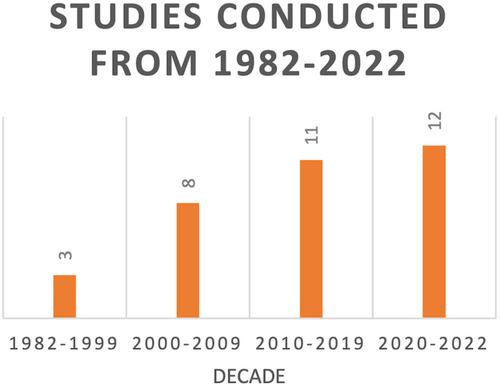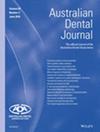The aetiology of maxillofacial trauma in Australia: A scoping review
Abstract
Background
The oral and maxillofacial complex is subject to a range of traumas. Injuries to the region are devastating and have a great impact on social health outcomes. This review intends to investigate the aetiologies of maxillofacial trauma across Australia.
Methods
This review was written in accordance with the PRISMA-ScR. Comprehensive searches of CINAHL, MEDLINE, Ovid, Scopus, and Web of Science databases were conducted to identify potentially relevant literature. Quantitative observational epidemiological studies were sought and were required to include at least one aetiology to the maxillofacial region in their data set. A total of 31 eligible studies were included.
Results
The greatest recorded causes of maxillofacial injuries included inter-personal violence (34.98%) falls (20.87%), sports (15.62%), and motor-vehicle accidents (14.31%). These four aetiologies cumulatively accounted for more than 85% of maxillofacial injuries. From all sustained injuries (n = 7661), the orbit was the most prevalent site of fracture (31.85%), followed by the zygoma (22.01%), mandible (21%), nasal bone (12.45%), maxilla (10.04%), dentoalveolus (1.84%), antrum (<1%), and frontal bone (<1%).
Conclusion
Violence was an unprecedented cause of trauma—additional research is recommended to further characterize the correlation between the two variables. Research is also recommended specifically in regional/rural communities, where data was particularly limited. © 2024 Australian Dental Association.


 求助内容:
求助内容: 应助结果提醒方式:
应助结果提醒方式:


